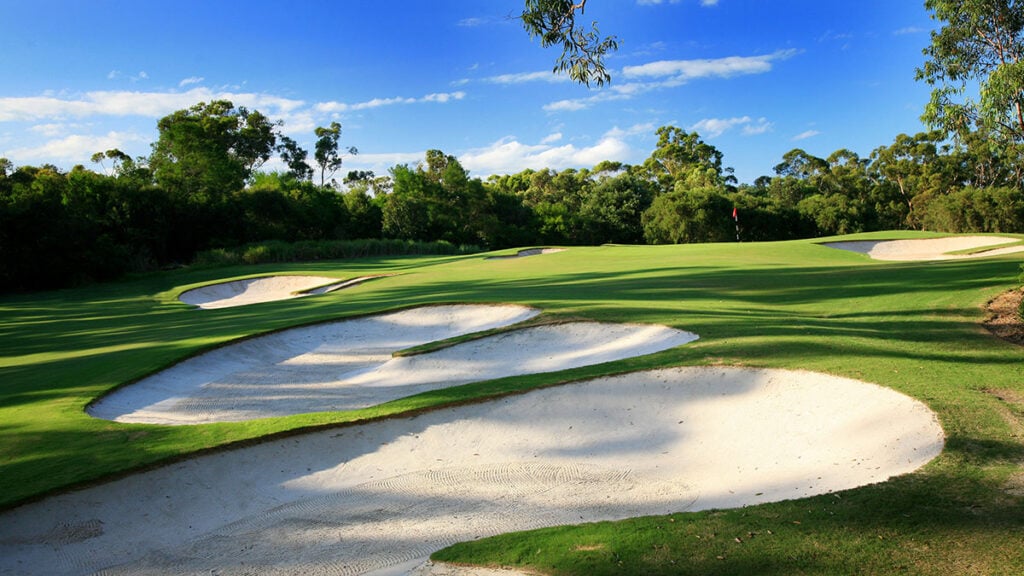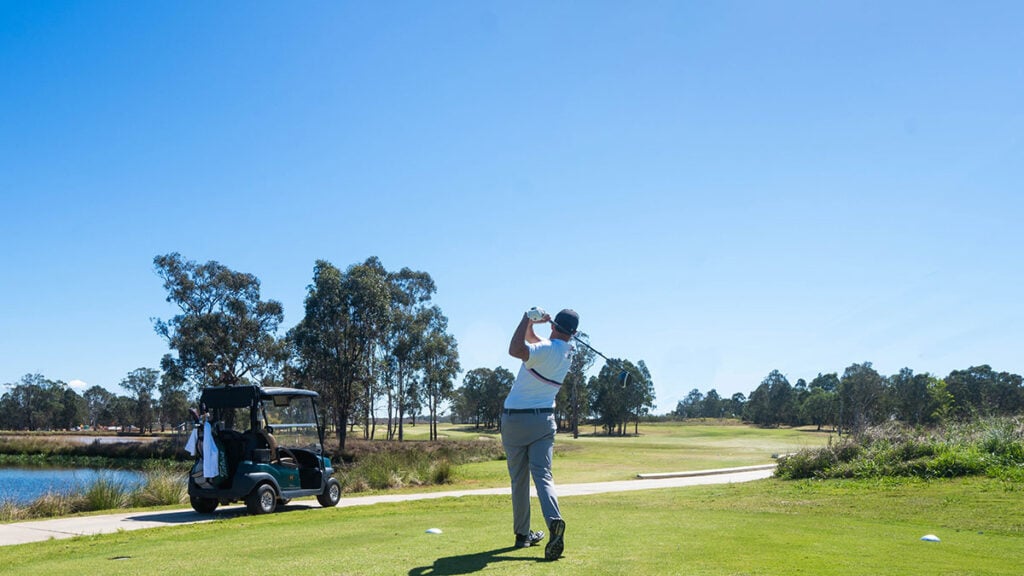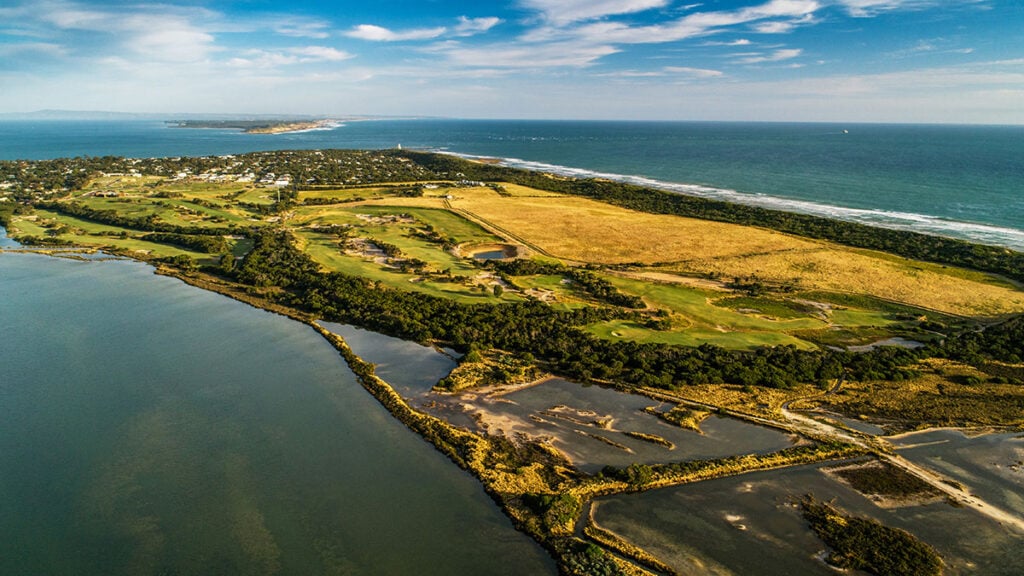Four stages of screening and restricted movement within tournament cities are part of a comprehensive plan the PGA Tour has approved, with the support of the Players Advisory Council, as it looks to return to competition next month. In a 40-page document that will be released to players and other officials in the coming days, a copy dated May 1 obtained by Golf Digest, the tour outlined a series of health and safety regulations that will be implemented beginning with the Charles Schwab Challenge at Colonial Country Club in Fort Worth, Texas, scheduled for June 11-14.Chief among the plan’s tenets is that COVID-19 testing will be required of players as a condition of competition, similar to that of the organisation’s drug policy. The testing will consist of multiple layers and stages, beginning with a pre-travel lab screening before players leave home for a tournament. Once players arrive in the city of tournament stop, they will be subjected to four methods of screening: a questionnaire; temperature reading; an RT PCR nasal swab or saliva test; and an igM/IgG serum antibody test. This will take place off-site from the event, preferably at a host hotel. Once in the tournament city, players will be subjected to a daily questionnaire and a temperature screening only.
According to the document, the antibody test results will be produced quickly while results from nasal swabs will take at least 24 to 48 hours. Players who are waiting for test results may practise or play on-site but will have no access to course facilities.
In the event a player tests positive, the individual would be immediately isolated in a designated location, must self-quarantine for 14 days, is not allowed to travel and will be ineligible for competition during that period. The tour said it will work with each tournament on specific plans should this scenario unfold.
“It’s the most comprehensive plan the tour has put out that puts our health and safety at a top priority,” said a tour veteran who has seen the plan and spoke on the condition of anonymity because he was not authorised to speak publicly about it. “I’m very comfortable with it.”
Beyond specifics about testing, the tour’s plan involves a number of restrictions to be implemented at each of its first four events, which will be played without fans. They include tighter control over player and caddie-restricted areas; clubhouse access, which will only be granted to those who have been cleared through testing; no family on-site and limited support personnel; disinfection of facilities; distribution of personal protective equipment, sanitary wipes and sanitiser; and restrictions on player and caddie movement within the city of the event.
In addition to players and caddies, the following individuals will be tested at each event: PGA Tour staff (including rules and scoring officials); media officials; security and player relations, select ShotLink staff; select tournament staff, player and caddie services; and starters, clubhouse staff and independent trainers.
Everyone on the property, whether among those tested or not, will be required to complete a questionnaire as well as receive a temperature screening each day. Social distancing and other methods such as sanitising hands and equipment will also be expected.
Only those deemed essential – approximately 1,100 people in total – will be allowed on-site, with roughly 400 of them to be subjected to testing. Family will not be allowed on-site, nor will managers. Coaches and interpreters, meanwhile, will be allowed but must follow social distancing guidelines of staying six feet apart, never having direct contact with the player or touching his equipment. Each player will be limited to only one support staff member on the practice facility or inside the ropes during a practice round.
Equipment trailers will be allowed as well, but with restrictions. Reps from companies will not be allowed in practice areas, the clubhouse or locker room, and they will have a designated drop-off/pick-up point for items. Players will not be allowed in the equipment trailers. Trainers, meanwhile, will have a designated space inside the clubhouse.
It is also expected that players, caddies and essential staff would be housed in a designated host hotel to create a controlled environment; however, exceptions such as RVs, rental homes approved by the tour, or a player staying in his own home would be permitted.
Although tournaments will continue to provide player dining, that will be scaled back in accordance with local social distancing guidelines. Dining at the host hotel or ordering delivery or takeaway meals would be allowed, but in-restaurant local dining is prohibited.
Courtesy cars, which are a staple of every tournament on tour, may still be utilised, but that will fall on the discretion of each event, and players and caddies will mostly be responsible for their own transportation. Using ride-share services will not be permitted.
Other ancillary items addressed include pro-ams being cancelled, as well as other sponsor and special events. Scoreboards, meanwhile, will continue to be used on property and courses will be roped and staked because of necessary broadcast cables and other operations elements.
The document also says that players and caddies must make “every effort” to social distance during the course of the round and players are encouraged to remove and replace their own golf clubs from the bag, remove their ball from the hole. Caddies will be allowed to rake bunkers and touch flagsticks, but are instructed to clean both after use. Practice ranges and putting greens also will implement social-distancing methods. Scoring and starter areas will also be stripped down and provide similarly adequate spacing, while all on-course accessories such as flags and flagsticks, cup liners, rakes and other accessories disinfected before play. All tees and greens will also have sanitiser stations.
There will also be media centre guidelines, which include limiting the number of media on-site to approximately 40 people, spread out in an acceptable manner. Media will be allowed on the course but outside the ropes only and will not be allowed in practice areas or in the locker room. There will also be no interview room, with interviews instead conducted outdoors in a socially distant manner. Virtual interviews will be co-ordinated for media not able to attend. Likewise, TV and broadcast personnel will be scaled back as well.




